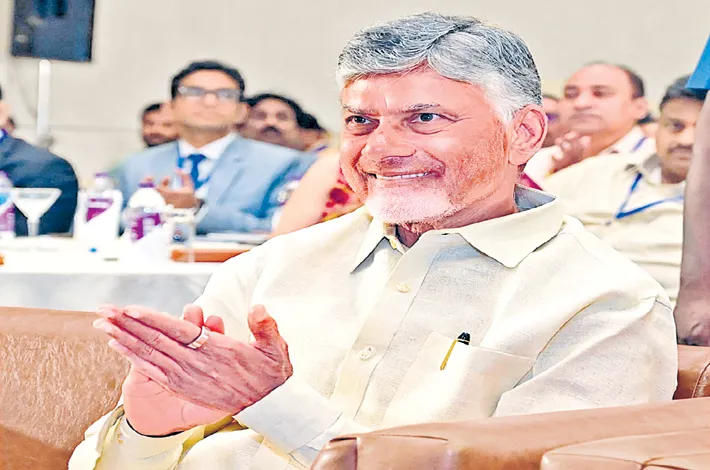Innovations that impacted the world
01-01-2025 12:15:21 AM

AI-Driven Disease Detection
AI technologies have advanced to the point where they can assist in the early detection of diseases, dramatically improving diagnostic accuracy and speed in healthcare settings.
Carbon-Capturing Microbes - Breakthroughs in synthetic biology have led to the development of genetically modified microbes that can capture and utilize carbon dioxide more efficiently, aiding in climate change mitigation.
Elastocaloric Cooling - This new cooling technology uses materials that change temperature under mechanical stress, offering an energy-efficient alternative to traditional refrigeration, which could revolutionize HVAC systems.
Quantum Computing - Quantum computers have made significant leaps, allowing for complex calculations at speeds unattainable by classical computers, impacting fields like cryptography, drug discovery, and climate modeling.
High Altitude Platform
Station (HAPS) Systems - These near-space platforms provide internet connectivity to remote areas, enhancing global digital inclusion and emergency response capabilities.
Synthetic Data for Privacy - This privacy-enhancing technology creates datasets that mimic real data without compromising individual privacy, crucial for AI development and data analytics.
Immersive Urban Design Tools - Advanced VR and AR technologies are now being used for urban planning, allowing for better visualization and simulation before actual construction, leading to more sustainable and efficient city designs.
Next-Generation Genomics - Advances in genomic sequencing have lowered costs and increased speed, enabling personalized medicine and rapid response to genetic diseases.
Wireless Charging Innovations - New methods for wireless power transmission have emerged, potentially transforming how we charge devices, from smartphones to electric vehicles, reducing reliance on cables.
AI for Scientific Discovery - AI systems have been harnessed to accelerate scientific research, especially in drug discovery, materials science, and climate research, by predicting outcomes, designing experiments, and analyzing vast datasets.
These innovations are reshaping industries, enhancing quality of life, and addressing some of the most pressing global challenges like climate change, health, and digital equity.








